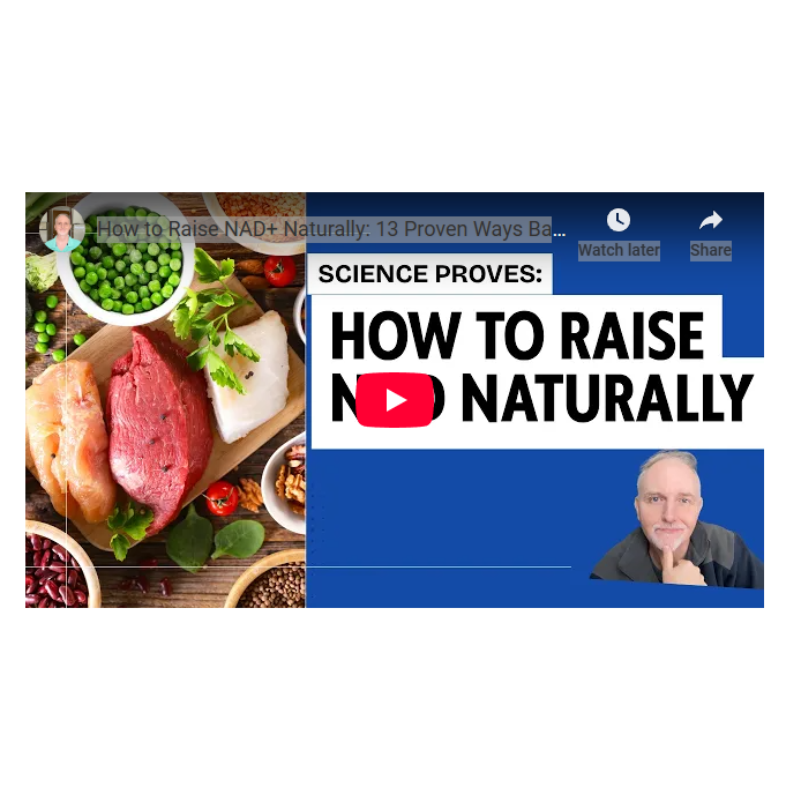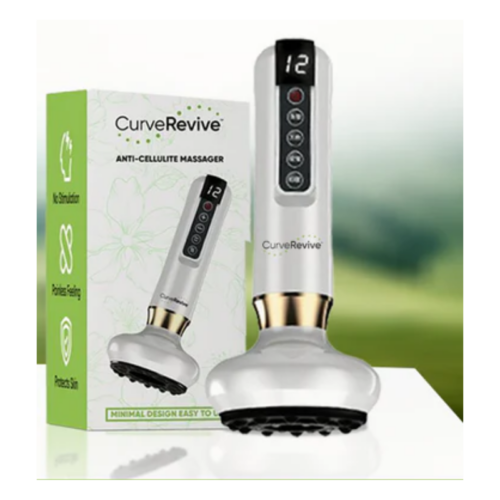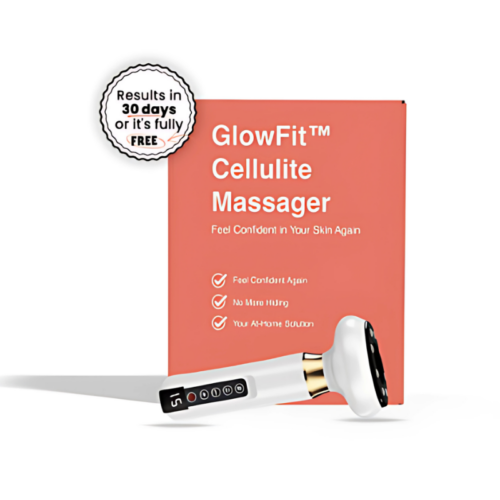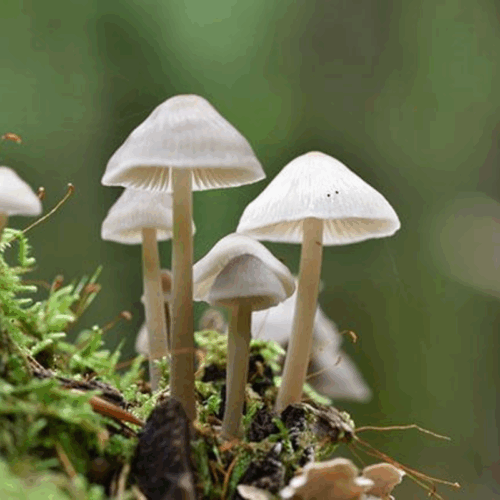Revitalize your cellular energy with Increase NAD Naturally! This powerful formula harnesses the benefits of nicotinamide riboside (NR) and essential nutrients to boost your NAD levels naturally. Experience enhanced energy production, improved DNA repair, and support for healthy aging. Perfect for those looking to combat fatigue, inflammation, and age-related decline, this product stands out for its bioavailability and effectiveness. Each dose is designed to help you feel more vibrant and youthful. Choose Increase NAD Naturally for a science-backed approach to wellness that empowers you to live life to the fullest!
Description
Nicotinamide adenine dinucleotide (NAD) is a vital coenzyme found in every cell, fundamental to cellular energy production, DNA repair, metabolic regulation, and longevity. It acts as an electron transporter in redox reactions and serves as a substrate for enzymes like sirtuins and PARPs, which are critical for DNA repair and cellular defense mechanisms.
However, NAD levels decline with age—dropping by approximately 50% every two decades—potentially contributing to reduced cellular resilience, inflammation, lower energy, and age-related metabolic dysfunction.
Fortunately, a growing body of research supports natural, evidence-based methods to counteract this decline. From lifestyle shifts to dietary adjustments, here’s your definitive guide to increasing NAD naturally.
Fueling NAD Through Diet
1.1 Embrace Niacin (Vitamin B3) and Tryptophan-Rich Foods
Niacin (niacinamide, nicotinic acid) and tryptophan are precursors to NAD. Foods such as turkey, chicken, fish, whole grains, legumes, nuts, seeds, and dairy provide these building blocks.
1.2 Add Polyphenols Like Resveratrol and Quercetin
Polyphenols support NAD utilization by activating sirtuins or reducing NAD-consuming enzymes like CD38. Resveratrol—found in grapes, blueberries, and dark chocolate—and quercetin from apples, onions, and green tea are promising options.
Lifestyle Strategies That Promote NAD Production
2.1 Intermittent Fasting & Calorie Restriction
Fasting enhances NAD by stimulating the NAD salvage enzyme NAMPT and shifting metabolism toward fat oxidation—both of which elevate the NAD:NADH ratio.
Time-restricted eating (e.g., 16:8), early feeding windows (e.g., breakfast-to-lunch only), and periodic multi-day fasts have all been shown to be effective.
2.2 Regular Exercise
Physical activity boosts NAD by promoting mitochondrial biogenesis and enhancing NAD-related enzyme activity. HIIT, aerobic exercise, and strength training are particularly effective.
2.3 Prioritize Circadian-Aligned Sleep & Sunlight Exposure
Robust sleep-wake cycles, informed by exposure to natural light, support NAD regulation and cellular health. These rhythms help maintain optimal NAD metabolism.
2.4 Reduce Stress, Alcohol, and Inflammatory Triggers
Chronic stress, alcohol consumption, poor diet, and inflammation deplete NAD stores through increased repair demands and oxidative stress. Adopting stress-management practices, reducing alcohol, and choosing nutrient-dense foods are crucial.
Natural NAD Precursors & Nutraceutical Support
3.1 NAD+ Precursors: NMN & NR
-
NMN (Nicotinamide Mononucleotide): Direct precursor to NAD; clinical studies have shown that doses of 250–900 mg/day raise blood NAD levels, improve insulin sensitivity, vascular function, and physical performance.
-
NR (Nicotinamide Riboside): Efficiently converted to NAD; human trials at 300–1,000 mg/day consistently increase NAD status, with good safety profiles.
NMN is gaining popularity for supporting longevity and cognition, especially when paired with polyphenols like resveratrol.
3.2 Niacin Supplements
Affordable niacin (vitamin B3) has been shown to significantly increase NAD levels in some studies—an accessible strategy even without high-cost precursors.
Supplementing Sensibly—Precautions & Context
Experts caution that direct NAD supplementation, especially via IV or oral NAD, may not effectively reach cells due to molecule size and absorption limits. Instead, boosting NAD through precursors and lifestyle choices delivers more consistent results.
While precursor supplements (NR, NMN) are promising, research is still emerging. Regulations vary by region, so consulting a healthcare provider before beginning supplementation is recommended.
Section 5: Integrated 30-Day Action Plan
| Strategy | Action Steps |
|---|---|
| Eating | Include B3- and tryptophan-rich foods (fish, turkey, legumes, whole grains) daily; add berries and dark chocolate for polyphenols. |
| Fasting | Try a 16:8 schedule—eat between 10 AM–6 PM; adjust based on energy and preference. |
| Exercise | Combine aerobic sessions (30–45 min, 4–5×/week) and HIIT or strength training (2–3×/week). |
| Sleep & Light | Aim for 7–9 hours/night; get natural light exposure in the morning and evening. |
| Stress & Lifestyle | Practice stress-reducing habits like meditation, limit alcohol, reduce refined sugars. |
| Supplements | Optionally, introduce niacin (per guidance) or 300 mg NR daily, or 250–500 mg NMN combined with resveratrol. |
Track energy, mood, exercise capacity, and sleep quality to monitor progress.
Conclusion: Sustainable NAD Support for Longevity and Energy
NAD is essential for bioenergetics, DNA repair, metabolic resilience, and overall vitality—but it naturally declines with age. The most effective way to increase NAD is not through bold claims or expensive IV drips—but through evidence-backed, holistic approaches:
-
A nourishing diet rich in B3, tryptophan, and polyphenols
-
Regular physical activity and strategic fasting
-
Robust sleep routines and low-stress living
-
Smart use of NAD precursors when appropriate
By integrating these strategies thoughtfully, anyone can support cellular energy, repair, and resilience—and age more vibrantly.
Frequently Asked Questions About Increasing NAD Naturally
1. What exactly is NAD?
NAD (nicotinamide adenine dinucleotide) is a coenzyme found in every cell of the body. It plays a critical role in converting nutrients into energy, repairing DNA, regulating metabolism, and supporting healthy aging.
2. Why do NAD levels decline with age?
NAD levels naturally drop due to increased cellular stress, chronic inflammation, environmental toxins, and the body’s reduced ability to recycle NAD precursors as we get older.
3. Can I increase NAD without supplements?
Yes. Diet, exercise, intermittent fasting, good sleep, and stress reduction are proven natural ways to support NAD production and slow its decline.
4. What foods are high in NAD precursors?
Foods rich in vitamin B3 (niacin) and tryptophan are excellent sources. These include turkey, chicken, salmon, tuna, legumes, whole grains, nuts, seeds, and dairy products.
5. Do NMN and NR supplements really work?
Research shows both NMN (nicotinamide mononucleotide) and NR (nicotinamide riboside) can increase NAD levels in humans. However, results vary, and long-term effects are still being studied.
6. Is niacin as effective as NMN or NR?
Niacin is an affordable NAD precursor and can be effective, though higher doses may be needed, which can sometimes cause flushing. NMN and NR may offer better absorption and fewer side effects.
7. How long does it take to raise NAD levels naturally?
Improvements can be seen in as little as 2–4 weeks with consistent lifestyle changes and supplementation, but benefits build over time with ongoing healthy habits.
8. Are there any risks to increasing NAD levels?
For most healthy adults, boosting NAD through diet and exercise is safe. However, supplements should be used carefully, and people with medical conditions should consult a healthcare provider.
9. Can boosting NAD help with anti-aging?
While NAD is linked to longevity pathways and cell repair, no method can “stop” aging. Increasing NAD may improve energy, recovery, and metabolic health, which can contribute to healthier aging.
10. What’s the best overall strategy to maintain high NAD levels?
Combine nutrient-rich eating, regular exercise, proper sleep, stress management, and optional NAD precursors like NMN, NR, or niacin for the best long-term results.




